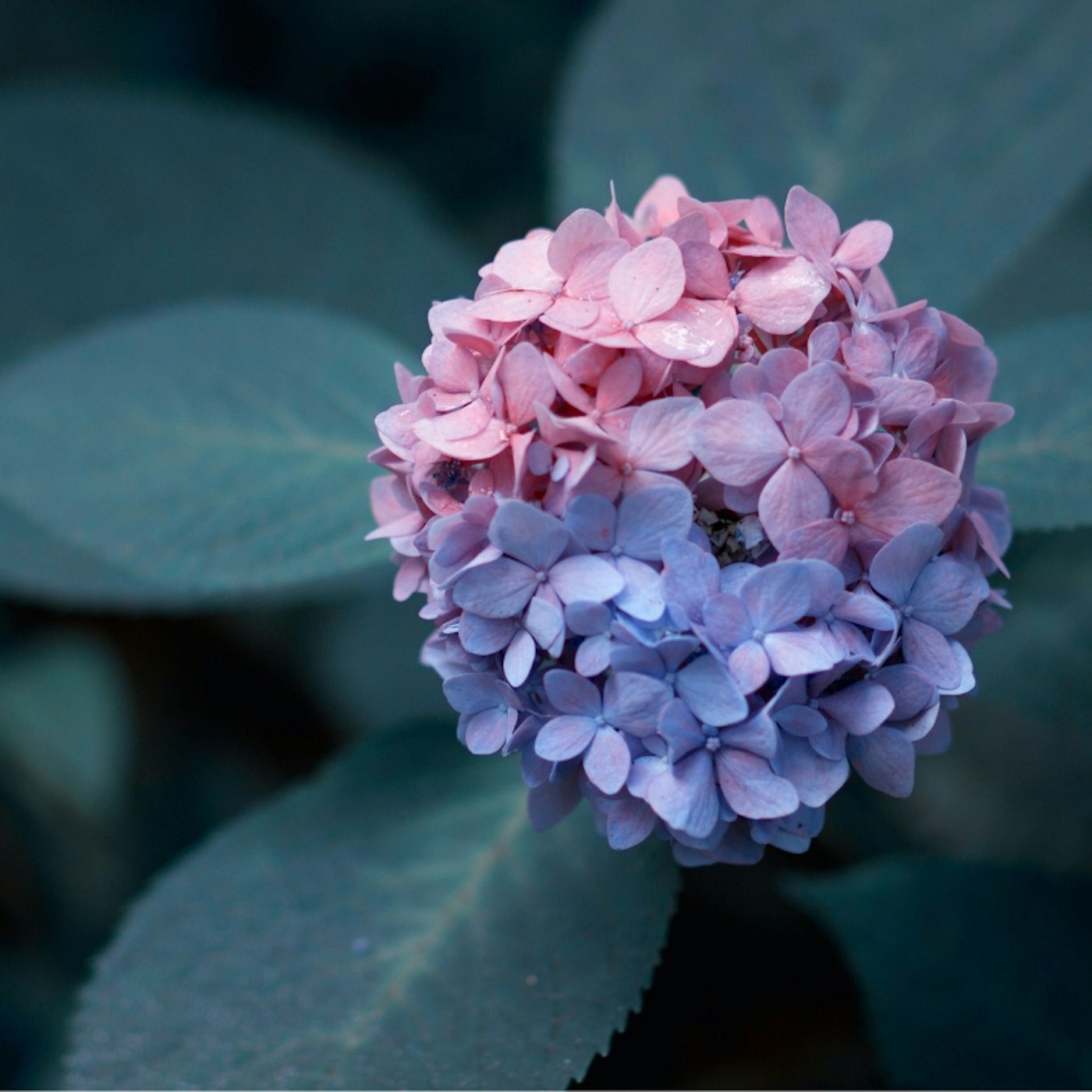Amaliah Shorts: The Glorification of Interracial Marriage
by Safura Houghton in Relationships on 11th April, 2019

Amaliah short reads
Ever since I married my white English revert husband, I noticed a difference in the way many Muslims spoke to me/approached me, as if somehow I had climbed a social ladder I never knew existed. Or that I had joined an invisible club where everyone spoke and behaved differently to the way I had been used to all my life.
We got dinner invitations from people we hardly knew – guests at weddings would randomly strike up conversations about politics or current affairs. It was almost like getting married to a revert changed the way people viewed me. They suddenly had a newfound respect and an interest in who I was…and this upset me somewhat. I haven’t changed. I am still the same person I was. I don’t particularly want to befriend anyone who only wants to know me because I’m the wife of an English revert.
I understood why almost everyone wanted to know how we met, because although it’s a common occurrence now, 15 years ago it was still quite rare to see an interracial marriage in the Muslim community. It has always irked me somewhat that not all Muslim couples get asked how they met one another, yet if you’re in an interracial marriage there must be some incredibly romantic story there. Or not, as it happens in our case – we had a boring old arranged marriage.
In social settings many people would start conversations with ‘Hi!’…even when they’re greeting all the other Muslims differently. Is it some kind of special treatment? Is ‘Hi’ or ‘Hello’ really preferred over Salam? Were people expecting that maybe I would start to greet them differently from the traditional ‘Assalamu alaikum’ I had always greeted them with? Or did they think my husband wouldn’t understand and that they needed to say hi for his benefit? After 15 years of marriage there are still incidents of this happening and I will never completely understand why. Somehow it feels like ‘Hi’ is just reserved for anyone who doesn’t fit in with the programmed mindset of what a Muslim ‘should’ look like.
Over the years I’ve had many people asking me if I know of any other single reverts I can introduce to them or to their family members. Asking me to ‘keep an eye out’ and to let them know if I think of anyone suitable. Am I supposed to know hoards of reverts now that I am married to one? What’s worse is that some people keep on asking every time they see me. Not only do people assume that reverts know all other reverts but there also seems to be a perception that reverts will treat their spouses better or make better Muslims for ‘moulding’ into the right culture. Reverts don’t just abandon their ethnic/family cultures and suddenly adopt whole new ones because they have accepted Islam. If anything they bring a richer mix of traditions and cultural practices to the melting pot that is British Muslim society.
There are unrealistic expectations of many reverts, and I’m sure most people will have experienced these to some extent. I’ve heard people speak about reverts as if they’re a blank canvas, that they can be ‘trained’ to follow the same Islamic mindset and beliefs as their spouses and their families, that they will easily adapt and become the same as the community or family in which they have married into.
Then there’s the obsession with skin colour. People will think it’s acceptable to make comments about fair skin being beautiful without realising their comments border on racism and prejudice. This works both ways, many Asians from the subcontinent will use the word ‘goray’ – meaning white, when referring to English people (and not always in a positive light) again causing offence albeit unintentionally.
I had a few relatives making cringeworthy comments on how beautiful my children would be – as if being married to a white English person automatically guarantees one ‘beautiful’ children.
Our Muslim communities need to veer away from this obsession with lighter skin tones, with connecting white skin to beauty ,and dark skin to ugliness. Our beloved prophet Muhammad (peace be upon him) said in his last sermon:
‘All mankind is from Adam and Eve. An Arab has no superiority over a non-Arab nor a non-Arab has any superiority over an Arab; also a white has no superiority over a black nor a black has any superiority over white except by piety and good action.’
And yet we are still lagging behind when it comes to recognising real beauty within a person.
I’ve often felt the obsession or glorifying comes from those of my own generation; many aspire to be married to a revert, white or otherwise. Those of my parents’ generation have generally had a hard time accepting Interracial Marriages, even when they know the person in question is a Muslim. They have a deeply ingrained prejudice, which probably came from living in segregated communities. Those with more Islamic knowledge however, are much more accepting, since they fully appreciate the Islamic stance on Interracial marriage.
All marriages need effort, energy and resilience, and every marriage has the capacity to last and also the precariousness to fail. It has nothing to do with colour or race, and everything to do with our own attitudes and outlooks.
Safura Houghton
Safura Houghton is Co-founder of The Lantern Initiative, through which she raises awareness of mental health issues in the Muslim community. Safura is a Muslim Chaplain, and a community radio presenter. She is a mother of four, and has homeschooled her children for five years. She is passionate about travelling and reading.